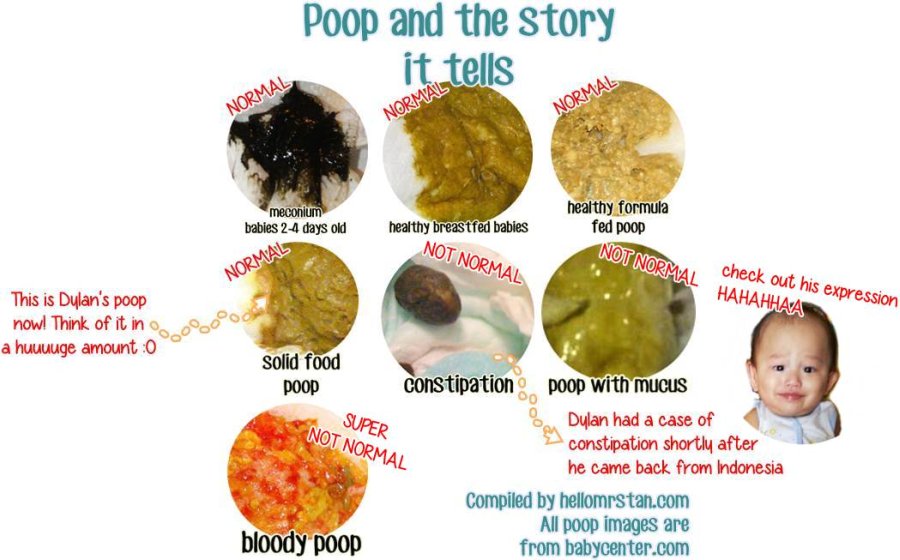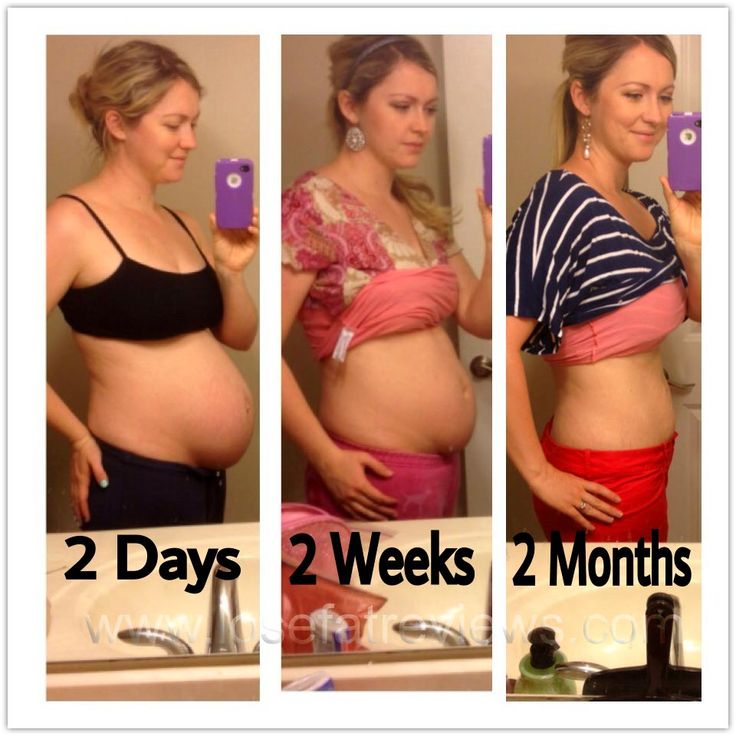Newborn pooping every feeding
How often should a newborn poop?
Yes, it's normal if your baby is pooping after every single feeding. You’ll quickly discover that when it comes to newborns, poop frequency comes in a wide range of normal.
Some babies are just more productive poopers than others. It’s perfectly okay to end every feeding with a diaper change, or to not see a single bowel movement for a few days. Your baby pooping a lot probably isn’t an issue, unless you’re changing three or more extra-watery diapers a day. In that case, it could be diarrhea, which is something to let your baby's doctor know about.
How often should a newborn poop?
It varies. Poop habits differ a lot from baby to baby. The average frequency is one or more bowel movements daily. But some newborns produce five or more dirty diapers a day in their first 2 weeks of life, while others go for days without pooping.
It’s not unusual for newborns to poop a lot, since they spend most of their waking hours eating. In general, breastfed babies poop more than formula-fed ones. In fact, your baby may poop while nursing and again once they’re done – which is why you may want to wait a few minutes after you're finished breastfeeding before swooping in with a clean diaper.
Because breastfed poops contain more liquid, they’ll look more watery than the stools of formula-fed babies. (See real photos of the different kinds of baby poop here.)
When a breastfed newborn poops after every feeding during the first few weeks, take it as a good sign – it means they’re getting plenty of milk. Even though formula-fed babies may have less frequent bowel movements than breastfed babies, it's normal for them to poop after every feeding as well.
The frequency of your baby's bowel movements may start to slow down by the time they're around 6 weeks old, but some babies continue their pattern of pooping after every feeding for much longer. (It’s not uncommon for some 1-year-olds to poop five times a day.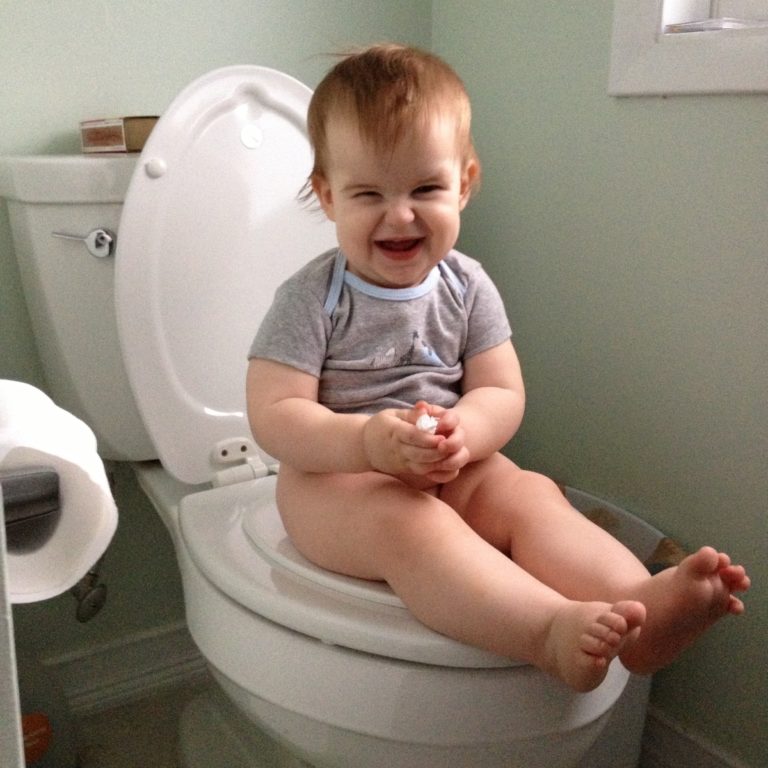 )
)
How long can a baby go without pooping?
If your baby hasn’t had a bowel movement in a few days, there’s no need to immediately fear the big “C” (aka, constipation). Babies can go days, or even a week, without producing a dirty diaper. A breastfed baby can go even longer – as long as two weeks without pooping if they haven’t started on solid foods yet.
If the bowel movements your baby does make are soft, constipation probably isn’t an issue. Exclusively breastfed babies rarely get constipated because breastmilk is an economical food. Your baby gets just what they need, with little waste leftover to poop out.
True constipation in babies typically happens from a change in diet, a lack of fluids, or an illness. The telltale sign is hard, dry stools. If your baby is constipated, they may get extra fussy and look like they’re straining uncomfortably when they try to go.
Should I ever be worried about my baby pooping a lot?
Generally, if your baby's bowel movements are fairly consistent and they’re acting like their usual self, frequent poops aren't a cause for concern.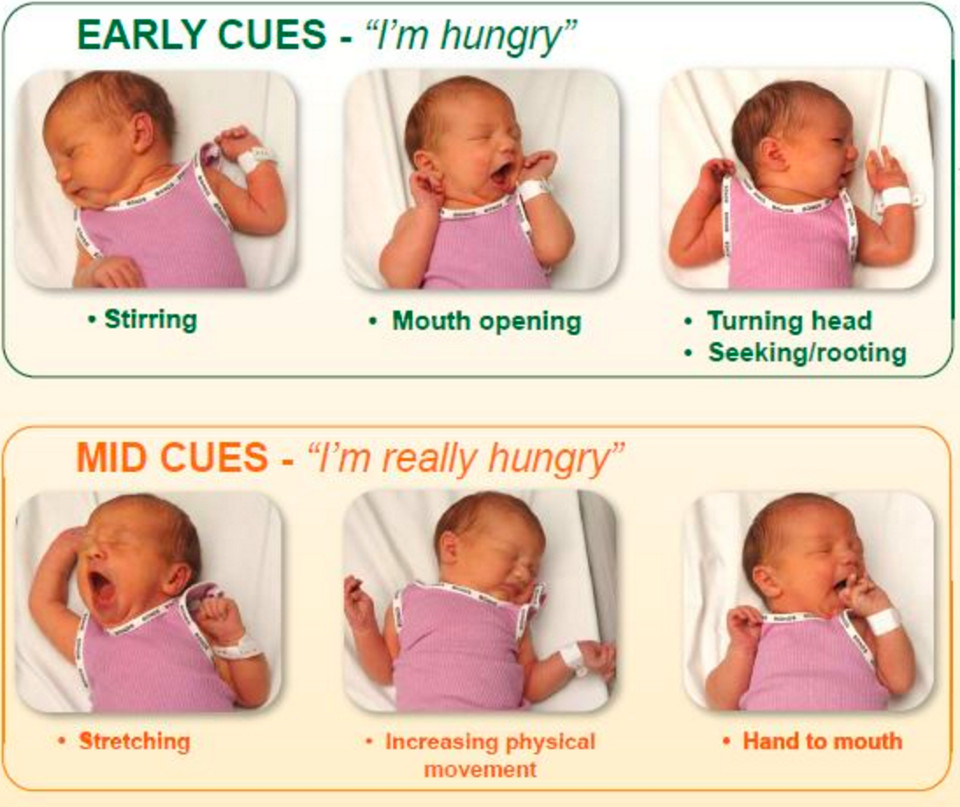 However, if there's a sudden change in your baby's pooping pattern and their stool becomes watery, check with their doctor. Very watery bowel movements could be a sign of an infection.
However, if there's a sudden change in your baby's pooping pattern and their stool becomes watery, check with their doctor. Very watery bowel movements could be a sign of an infection.
Call the doctor if your baby has any of these other poop-related symptoms:
- Pulling their legs up to their stomach (a sign that their tummy hurts)
- Straining to have a bowel movement
- Poop that looks like small, hard pebbles or is extra watery
- Irritability
- A swollen belly
- Blood in their poop
If my baby is pooping a lot, are they more prone to diaper rash?
Babies who have frequent bowel movements can be more susceptible to diaper rash. Constant contact with stool can irritate the sensitive skin on their bottom.
The best way to prevent diaper rash is to keep your baby’s bottom clean and dry. To start, change their diapers more often. Wash their skin clean with warm water during each change.
You may want to coat the area with a diaper rash cream or a product containing zinc oxide or petroleum jelly to create a barrier.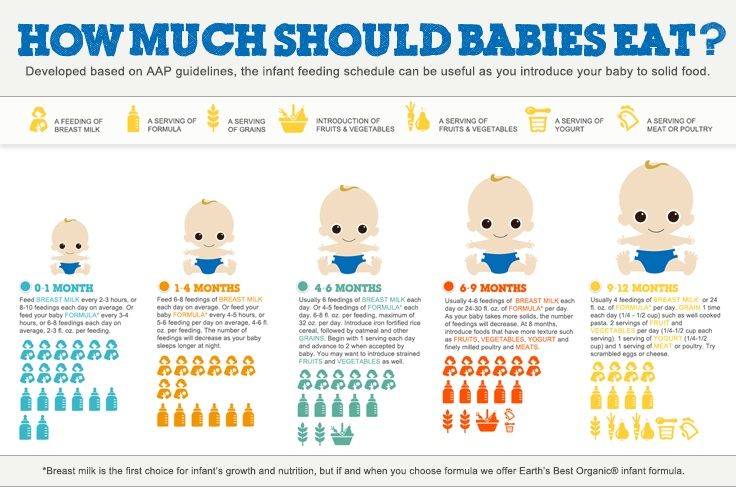 And instead of putting on a new diaper right away, let your baby go diaper-less for a little while each day so their bottom can fully air dry. If these tips don’t relieve the diaper rash, give your baby's doctor a call.
And instead of putting on a new diaper right away, let your baby go diaper-less for a little while each day so their bottom can fully air dry. If these tips don’t relieve the diaper rash, give your baby's doctor a call.
Read more:
A new parent's guide to baby poop
Age-by-age guide to feeding your baby
How much formula newborns and babies need
advertisement | page continues below
How Often Should a Newborn Poop?
How Often Should a Newborn Poop?Medically reviewed by Karen Gill, M.D. — By Jane Chertoff on October 1, 2018
Newborn waste and their health
It’s important to monitor your newborn’s diapers. Newborn waste can tell you a lot about their health and if they are consuming enough milk. Dirty diapers can also help assure you that your newborn isn’t dehydrated or constipated.
How often your newborn poops during the first weeks of life depends largely on whether they are breastfeeding or formula-feeding.
Breastfed newborns typically have several bowel movements each day. Formula-fed newborns may have fewer. If you switch from breastfeeding to formula-feeding, or vice versa, expect changes to your newborn’s stool consistency.
There also may be a change in the frequency of diaper changes. Your baby may have an average of five to six wet (urine-filled) diapers each day during this time.
Read on to learn more about what to expect and when to call your baby’s pediatrician.
Dirty diaper by age
A newborn will pass meconium, a black, sticky, tar-like substance in the first few days after birth. After about three days, newborn bowel movements turn into a lighter, runnier stool. It may be light brown, yellow, or yellow-green in color.
Stool consistency in breastfed vs. formula-fed babies
Breastfed babies may pass seedy, loose stools. The stool may look like mustard in color and texture.
Breastfed babies may also have a looser, runnier stool.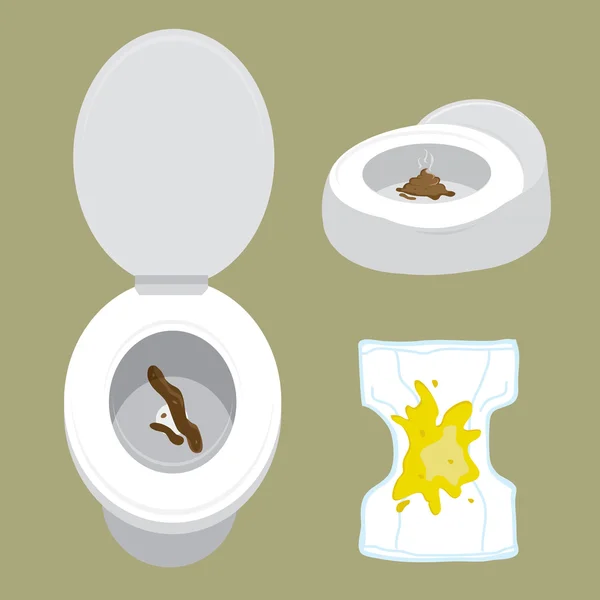 That isn’t a bad sign. It means your baby is absorbing the solids in your breast milk.
That isn’t a bad sign. It means your baby is absorbing the solids in your breast milk.
Formula-fed babies may pass a yellow-green or light brown stool. Their bowel movements may be firmer and more paste-like than a breastfed baby’s stool. However, the stool shouldn’t be firmer than the consistency of peanut butter.
Causes for changes to stool
You will likely notice a change to your newborn’s stool as they grow. You also may see a difference if their diet changes in any way.
For example, switching from breastmilk to formula or changing the type of formula you give your baby can lead to changes in stool amount, consistency, and color.
As your baby starts eating solids, you may see small pieces of food in their stool. These changes in diet may also alter the number of times your baby poops per day.
Always talk to your newborn’s pediatrician if you are concerned about a change in your baby’s stools.
When to seek help
See your newborn’s pediatrician or seek medical help right away if you notice the following in a diaper:
- maroon or bloody stools
- black stools after your baby has already passed meconium (usually after day four)
- white or grey stools
- more stool per day than is normal for your baby
- stool with a large amount of mucus or water
Your newborn may experience diarrhea or explosive diarrhea in the first few months of life.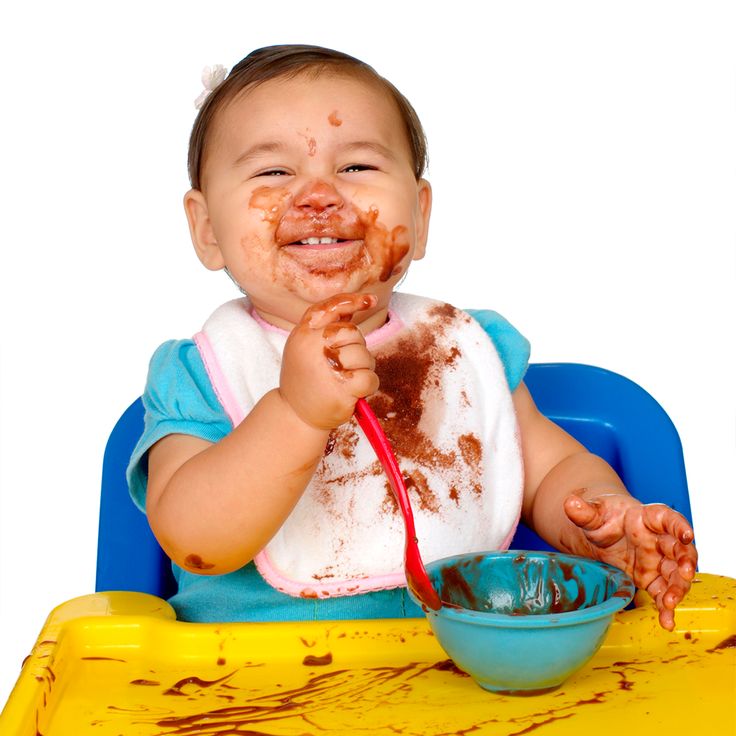 It may be a symptom of a virus or bacteria. Let your pediatrician know. Dehydration is a common problem that accompanies diarrhea.
It may be a symptom of a virus or bacteria. Let your pediatrician know. Dehydration is a common problem that accompanies diarrhea.
While uncommon in the newborn period, particularly with breastfeeding, your baby may be constipated if they are experiencing hard stools or having trouble passing stool.
If this happens, call their pediatrician. The pediatrician will recommend some things you can do to help. Apple or prune juice is sometimes suggested, but never give your newborn baby juice without a doctor’s recommendation first.
Seeking help for breastfed babies
If your breastfed newborn isn’t passing stool, it may be a sign they aren’t eating enough. See your pediatrician or a lactation consultant. They may need to check your latch and position.
Let your pediatrician know if you notice consistently bright green or neon green stool. While this is often normal, it may be because of a breast milk imbalance or sensitivity to something in your diet.
It may also be a symptom of a virus. Your doctor will best be able to diagnose the problem.
Your doctor will best be able to diagnose the problem.
Takeaway
Your newborn’s stool is an important window into their health for the first few months of life. You may notice several changes in their stool during this time. This is usually normal and a healthy sign of growth and development.
Your pediatrician will likely ask about your child’s diapers at each appointment. Use your pediatrician as a resource. Don’t be afraid to ask questions or raise concerns you have about your newborn’s stool.
Last medically reviewed on October 1, 2018
- Parenthood
- Baby
- 06 Months
How we reviewed this article:
Healthline has strict sourcing guidelines and relies on peer-reviewed studies, academic research institutions, and medical associations. We avoid using tertiary references. You can learn more about how we ensure our content is accurate and current by reading our editorial policy.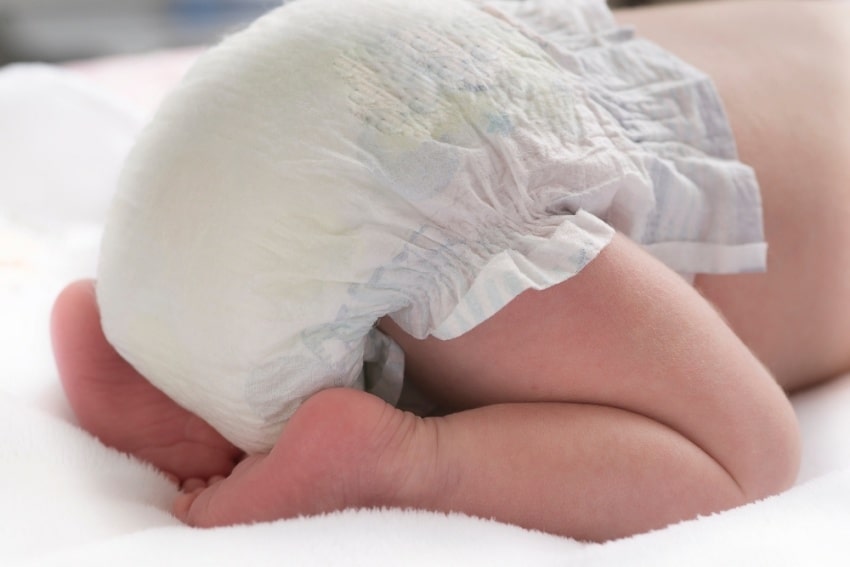
- Baby poo. (n.d.).
dchs.nhs.uk/home/our-services/find_services_by_topic/healthvisiting/advice_guidance/hvs_bowel_movements - Hill DL. (2012). Baby’s first bowel movements.
healthychildren.org/English/ages-stages/baby/diapers-clothing/Pages/Babys-First-Bowel-Movements.aspx - Hoecker JL, et al. (2018). I'm breast-feeding my newborn and her bowel movements are yellow and mushy. Is this normal for baby poop?
mayoclinic.org/healthy-lifestyle/infant-and-toddler-health/expert-answers/baby-poop/faq-20057971 - Jana LA, et al. (2009). The many colors of poop.
healthychildren.org/English/ages-stages/baby/Pages/The-Many-Colors-of-Poop.aspx - Jana LA, et al. (2009). Pooping by the numbers.
healthychildren.org/English/ages-stages/baby/Pages/Pooping-By-the-Numbers.aspx
Our experts continually monitor the health and wellness space, and we update our articles when new information becomes available.
Current Version
Oct 1, 2018
By
Jane Chertoff
Edited By
Nizam Khan (TechSpace)
Medically Reviewed By
Karen Richardson Gill, MD
Share this article
Medically reviewed by Karen Gill, M.D. — By Jane Chertoff on October 1, 2018
related stories
Poop in Breastfed Babies: What to Expect
What Your Newborn's Poop Tells You About Their Health
Do Babies Poop in the Womb?
What Does Your Baby’s Poop Color Say About Their Health?
Why Is My Newborn’s Belly Button Bleeding?
Read this next
Poop in Breastfed Babies: What to Expect
Medically reviewed by Karen Gill, M.D.
Bowel movements in breastfed babies can differ from those seen in babies that are fed formula. We explain what to expect in terms of color, texture…
READ MORE
What Your Newborn's Poop Tells You About Their Health
Medically reviewed by Karen Gill, M.
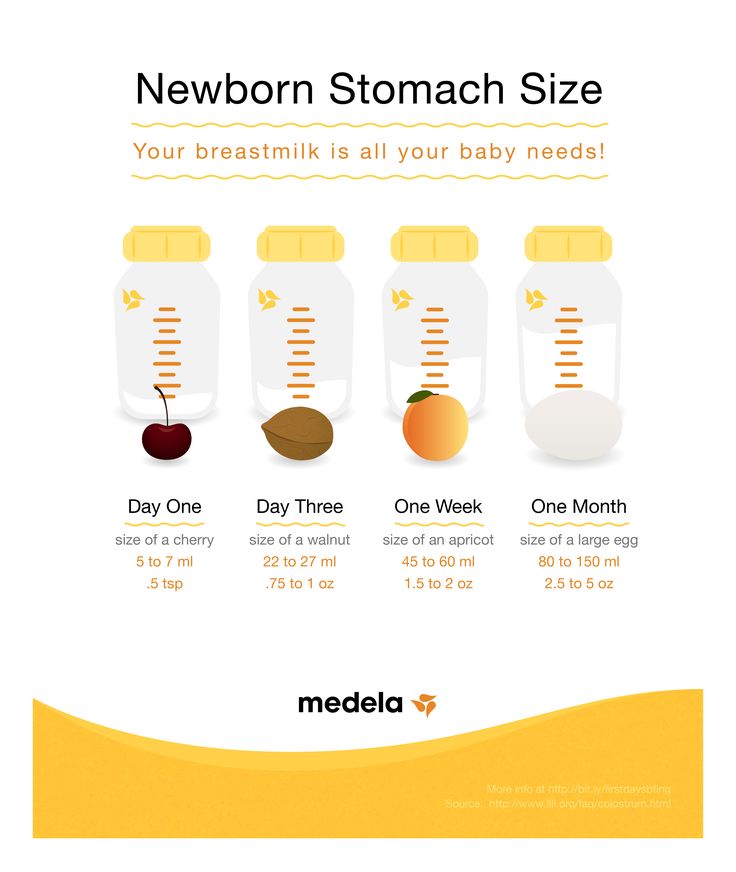 D.
D.Newborn poop can vary greatly from one baby to another. If you have serious concerns, talk to your pediatrician.
READ MORE
Do Babies Poop in the Womb?
Medically reviewed by Debra Sullivan, Ph.D., MSN, R.N., CNE, COI
Pregnancy can lead to a lot of questions about what's going on with your body and your growing baby. One question you may wonder is, do babies poop in…
READ MORE
What Does Your Baby’s Poop Color Say About Their Health?
Medically reviewed by Mia Armstrong, MD
The color of baby’s poop can provide many clues to their health. Learn which baby poop colors and textures are typical for breastfed and formula-fed…
READ MORE
Why Is My Newborn’s Belly Button Bleeding?
Medically reviewed by Karen Gill, M.
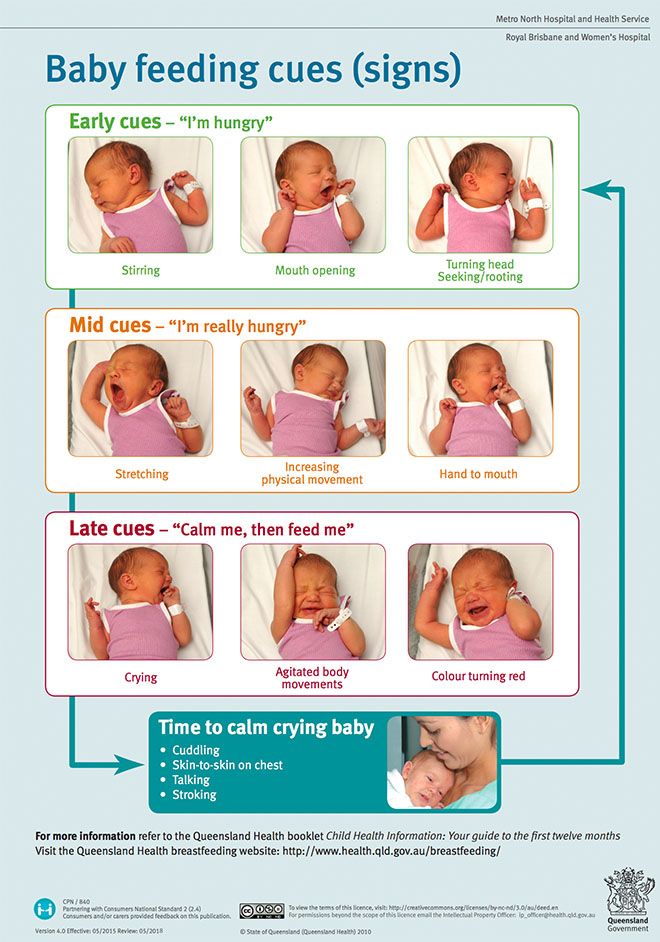 D.
D.Your new baby's umbilical cord stump requires some tender love and care. Here's how to clean it and make sure it doesn't get infected.
READ MORE
What You Should Know About RSV in Babies
Medically reviewed by Mia Armstrong, MD
Respiratory syncytial virus (RSV) can affect people of all ages. But RSV in babies is most serious. Learn about the symptoms and when to get help.
READ MORE
The Best Burp Cloths for SOS (Saving Our Shirts)
Medically reviewed by Carissa Stephens, R.N., CCRN, CPN
Spit-up happens... a lot. These are our picks of the best burp cloths to keep your baby dry, your clothes protected, and your life a little less messy.
READ MORE
The Best Baby Booties to Keep Those Tootsies Warm
Medically reviewed by Mia Armstrong, MD
For growing babies, the best baby booties mix style, function, and warmth.
 Here are our favorites in 11 categories.
Here are our favorites in 11 categories.READ MORE
10 Mini Crib Mattresses and Top Shopping Tips
Medically reviewed by Carissa Stephens, R.N., CCRN, CPN
The best mini crib mattress is firm enough to fit snugly in a crib and keep your little one comfortable.
READ MORE
Do You Need to Worry When Your Baby Has an Ear Infection?
Medically reviewed by Karen Gill, M.D.
Ear infection in a baby is swelling of the middle ear caused by bacteria or viruses in fluids that collect behind the eardrum. Here's how to know when…
READ MORE
how to recognize, causes, treatment, how to stop diarrhea in a baby?
Every mother knows that babies poop frequently: a breastfed baby may have the same bowel movements as the feeding frequency. And babies often have tummy ache and colic due to the fact that the gastrointestinal tract is completely immature and is just beginning to be populated by beneficial bacteria. Therefore, it is not always clear to a young mother whether everything is fine with her baby. How do you know when something is wrong?
Therefore, it is not always clear to a young mother whether everything is fine with her baby. How do you know when something is wrong?
For a baby under three months old, the normal frequency is three to six times a day if the baby is breastfed, and about two times a day if he is bottle-fed. At the same time, the frequency of the stool can also change normally, due to the fact that the baby was nervous or the mother changed the menu. Therefore, when talking about diarrhea in a baby, they first of all take into account not how often he poops, but the volume and nature of the stool, as well as the behavior of the baby himself.
You can suspect diarrhea in a baby if he poops twice as often as usual, the stool becomes much thinner (in a breastfed baby, it is usually liquid and poorly formed), changes color, pathological impurities appear in it: a lot of mucus, blood, foam, undigested food particles, if complementary foods have already begun. The behavior of the baby also changes: he cries, presses his legs to his chest, or, conversely, stretches out to the line.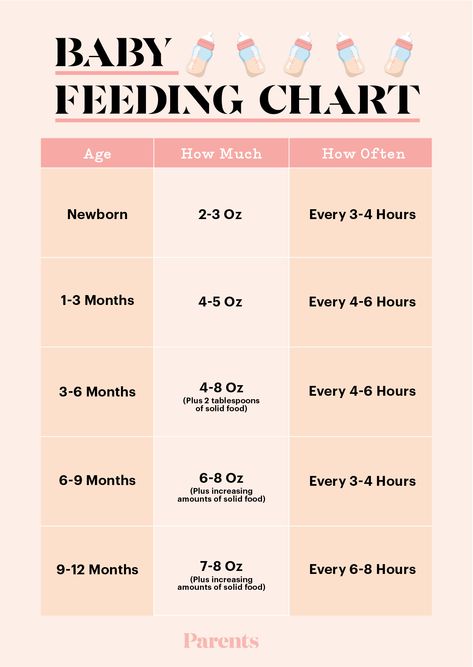 The tummy may swell and growl.
The tummy may swell and growl.
If the diarrhea is caused by an infection, the child has a fever and becomes lethargic.
Causes of diarrhea in infants
The most common cause of diarrhea in infants is dysbiosis, that is, a change in the composition of the intestinal microflora. This may be due to a viral or bacterial infection, but is usually due to other causes such as:
- late attachment to the breast;
- artificial feeding;
- products not according to age;
- use of antibiotics;
- food allergy;
- lactose intolerance;
- chronic diseases of the gastrointestinal tract (ulcerative colitis and others).
One way or another, all these conditions disrupt the normal balance between beneficial and harmful microbes in the intestines, and consequently, digestion and intestinal motility: too much fluid remains in the intestinal lumen, which causes diarrhea.
Treatment of diarrhea in children
Seek immediate medical attention if:
- there is blood in the baby's stool;
- diarrhea accompanied by vomiting;
- the child has a fever;
- the baby stops peeing or peeing less than four times a day;
- no tears during crying, skin and mucous membranes become dry;
- fontanel sinks;
- the baby's skin, if folded, does not straighten out immediately.
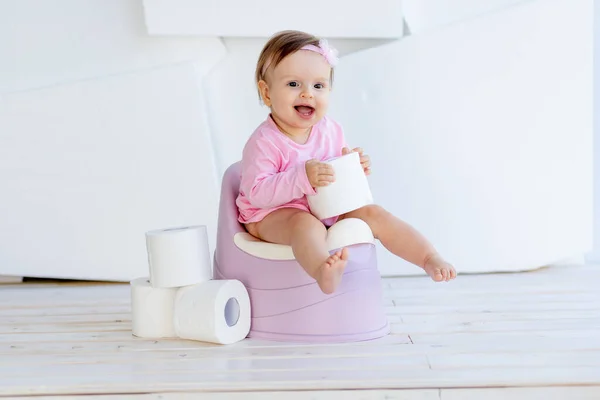
If your baby is stable, you can try to manage the diarrhea on your own. Change diapers more often: feces irritate baby's delicate skin. If complementary foods are introduced, cancel it, leave only breast milk or formula that the baby eats constantly.
Give the child a drink. Adherents of breastfeeding argue that the baby has enough liquid contained in breast milk. This is true, but only if the child is healthy. During diarrhea, fluid loss increases several times, and it is dehydration that is the most common cause of death from intestinal infections. You can supplement it with plain boiled water, but it is better with a special solution of salts, which are also actively lost during diarrhea (Regidron, Trisol, Ringer's Solution, Humana Electrolyte). If the child is older than nine months, you can give rice water.
To restore the normal balance of microflora, you can (and should) give probiotics. The best option is a complex of bifido- and lactobacilli. Both are important for normal digestion and microbial balance. You can start taking probiotics before visiting your doctor.
Note
Probiotics are sold in pharmacies in various forms: tablets, capsules, sachets (powder in sachets). However, it should be remembered that for young children, complex microorganisms in the form of drops are most convenient for use.
If diarrhea does not stop within two to three days, be sure to contact your pediatrician.
Statistically, children experience at least one or two episodes of diarrhea every year until they are five years old. Therefore, diarrhea in itself is not yet a reason for panic: usually its cause is the immaturity of the baby's gastrointestinal tract and the disruption of the normal balance of microflora. Most of the time, you can deal with this problem on your own. But, if the child has a fever, blood appears in the feces, there are signs of dehydration: the skin and mucous membranes are dry, there is little urine, there are no tears, the fontanel sinks, consult a doctor immediately!
Baby poops after every feeding - Pediatrics - 07/09/2013
/
Anzhelika Serchkova
Good afternoon! My baby is 1. 5 months old, we eat completely with the mixture, the stool was regularly 2 times a day, and today he poops after each feeding, nothing has changed in the diet. Tell me what is it? You gave me an answer yesterday, but with GV, and we are completely on the mix.
5 months old, we eat completely with the mixture, the stool was regularly 2 times a day, and today he poops after each feeding, nothing has changed in the diet. Tell me what is it? You gave me an answer yesterday, but with GV, and we are completely on the mix.
Ruzhenkova Irina Viktorovna answers
pediatrician
This can be a mild form of an intestinal infection, a reaction of the baby to changes in weather or atmospheric pressure, an allergy to something, or simply a manifestation of functional dyspepsia, which often occurs in children from 2 to 3 weeks (and even 6) months. I understand that what scares you the most is the possibility of an intestinal infection. To exclude it, you need to pass the feces for bacteriological analysis. Usually, fermented milk mixtures with probiotics are prescribed to normalize the stool. Anti-reflux mixtures with starch have some fixing effect. Check with your local doctor. He sees the child "in real life" and can decide whether he needs enzymatic (often prescribed mezim or festal) or substitution (primadophilus, bifiform) therapy.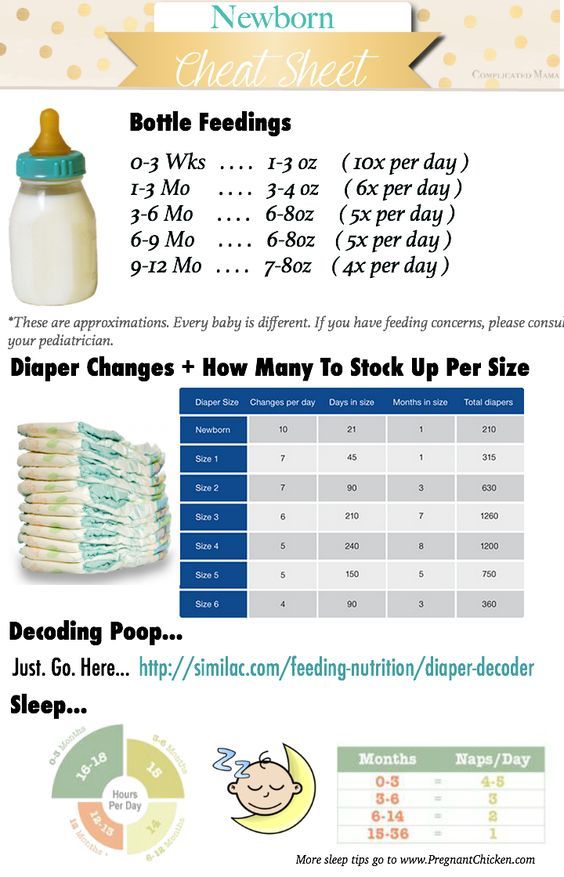 Good luck!
Good luck!
Similar questions
anonymous (Female, 23 years old)
An artificial man poops after every feeding
Hello! The child is a little over a month old, goes to the toilet after each feeding, while pushing hard, crying. The child is very restless. Can't eat until he goes to the toilet. We help a little...
anonymous (Female, 27 years old)
Baby poops after every feed
Hello! The child is 6 months old. We are artificially fed. I bring food. He always eats with appetite, but consistently poops after eating. The stool is not liquid, more like a mushy form. Color yellow, light brown,...
anonymous (Woman, 29 years old)
3 5 months on IV poop after each feeding
Were on breastfeeding, there were problems with stools, mucus and greens appeared. Gained 350 grams in a month, the pediatrician said to supplement because the child does not eat up. She was pumping her breasts, but there really wasn’t ...
anonymous (Female, 23 years old)
3 month old baby poops every 2-3 hours after each feeding
At first the baby could not poop for 2 days and was capricious at the same time, I made a microlax enema.